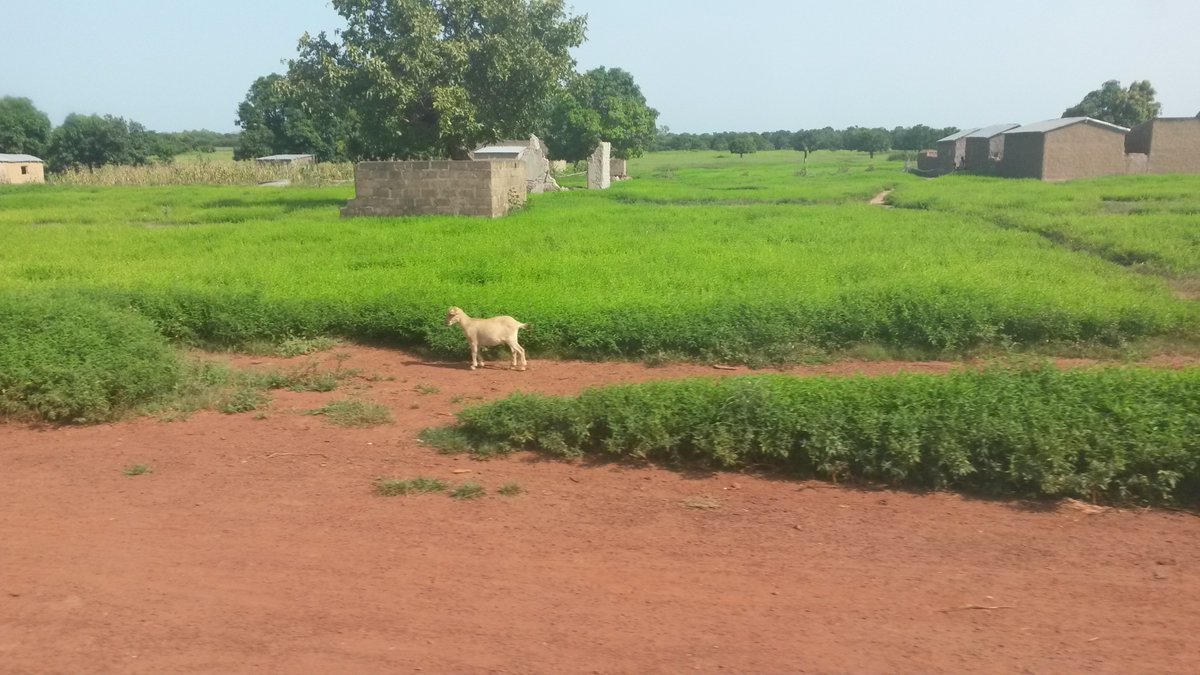
📽️@UN Special Rapporteur on the Right to #Food, @MichaelFakhri, delivers a special video message ahead of our #CFS47 side event tomorrow:
💡 Global Response to #COVID19 #Hunger Crisis: Developing Effective Policy Responses through the @UN_CFS [🧵thread]
💡 Global Response to #COVID19 #Hunger Crisis: Developing Effective Policy Responses through the @UN_CFS [🧵thread]
"COVID19 has not only been a public health crisis, but it has also generated a hunger crisis. The virus is new, but it has been predictably harshest on marginalised people. In fact, the world was falling behind on realising the right to food even before the current pandemic." /2
"Even with new vaccines, it will be some time before the global #health situation stabilises & it will be at least a decade before the world recovers economically. Meanwhile, Member States and international orgs have not yet come together to tackle the looming hunger crisis." /3
Prof. Fakhri added: "There remains no internationally coordinated action responding to the #hunger crisis caused by the #pandemic. Not at the #UNGA, not at the Human Rights Council, & not at the @UN_CFS. I should add that #COVID19 is not on the @FoodSystems Summit's agenda." /4
"Remember, @UN_CFS was first created in 1974 because of the spread of global #famine & #hunger. It was re-energised in 2010 because of the #food crisis, & today, we face the existential crisis of #climatechange. This global pandemic is only a practice run for what lies ahead." /5
"[But] The @UN_CFS is already well positioned to act. [The panelists for this #CFSresponse side event] are able to articulate how the CFS can quickly act based on existing reports and policy instruments..." /6
"These are things like the @hlpe_cfs Issues Paper on #COVID19, the CFS Tenure Guidelines, the CFS Framework for Action in Protracted Crisis, the International Labour Organisation (@ILO) Policy Recommendations, and my newest report to the #HumanRights Council." /7
.@MichaelFakhri: "We are all overstretched. Governments are struggling. #Workers, #peasants, #pastoralists, & #fishers are struggling. The pandemic has perpetuated cycles of #inequality, with #women bearing the brunt of the impact and economic shock..." /8
.@MichaelFakhri: "Therefore, I ask the @UN_CFS to stop everything that it’s doing right now and focus entirely on the #COVID19 pandemic #hunger crisis. Now is the moment to effectively use what little time and energy we have!" /9
"If after the crisis, people are more sick, tired, and hungry, then the @UN_CFS will have failed. The international system will have failed. No one will remember or care if this instrument or that instrument was successfully completed." /10
.@MichaelFakhri: "I hope to see three outcomes from the @UN_CFS: 1) Complete commitment to tackling the pandemic & create a #COVID19 Plan. 2) CFS uses this plan to coordinate multilateral action among Member States. 3) CFS uses this plan to coordinate international orgs." /11
"Unfortunately, international organisations have an ambivalent relationship to the @UN_CFS. Therefore, Member States must come together, use the new #COVID19 plan, & direct the @FAO, @IFAD, and @WFP to work together. Importantly, @ILO must be invited as a full partner!" /12
"One key function of Int'l Orgs is to serve the most vulnerable Member States & people, based on what those States & people demand. Let the @UN_CFS be the place where those demands & plans are made clear! Let the CFS be the place where governments take action!" - @MichaelFakhri |
• • •
Missing some Tweet in this thread? You can try to
force a refresh





